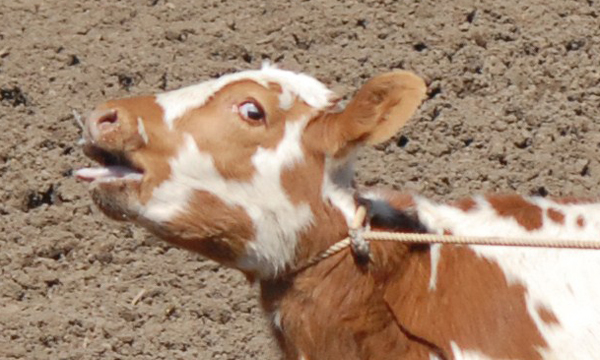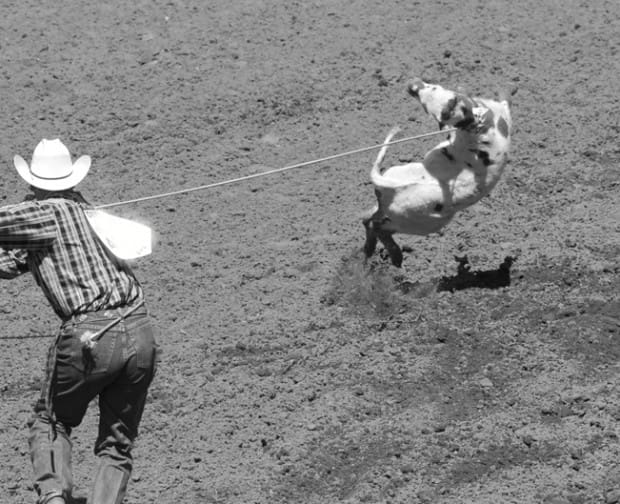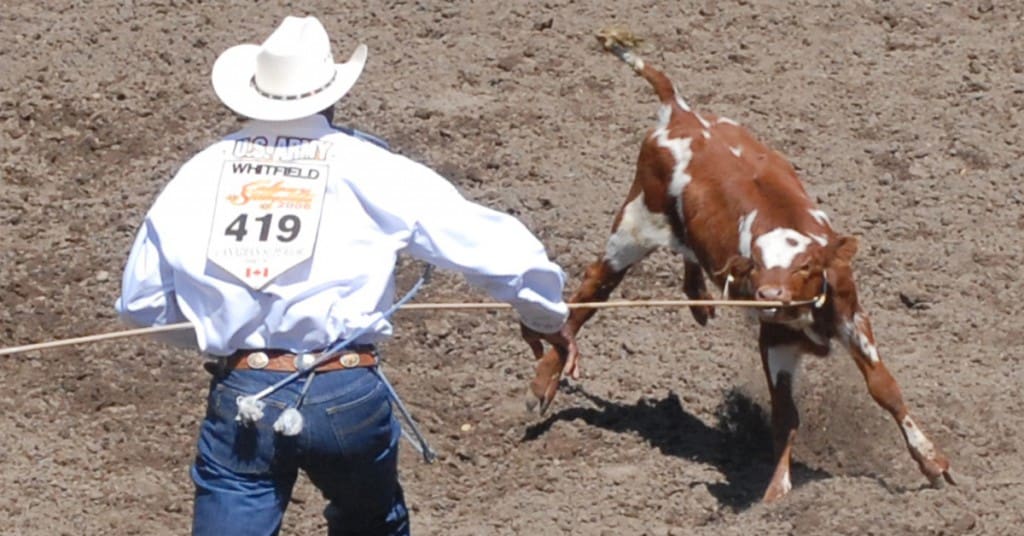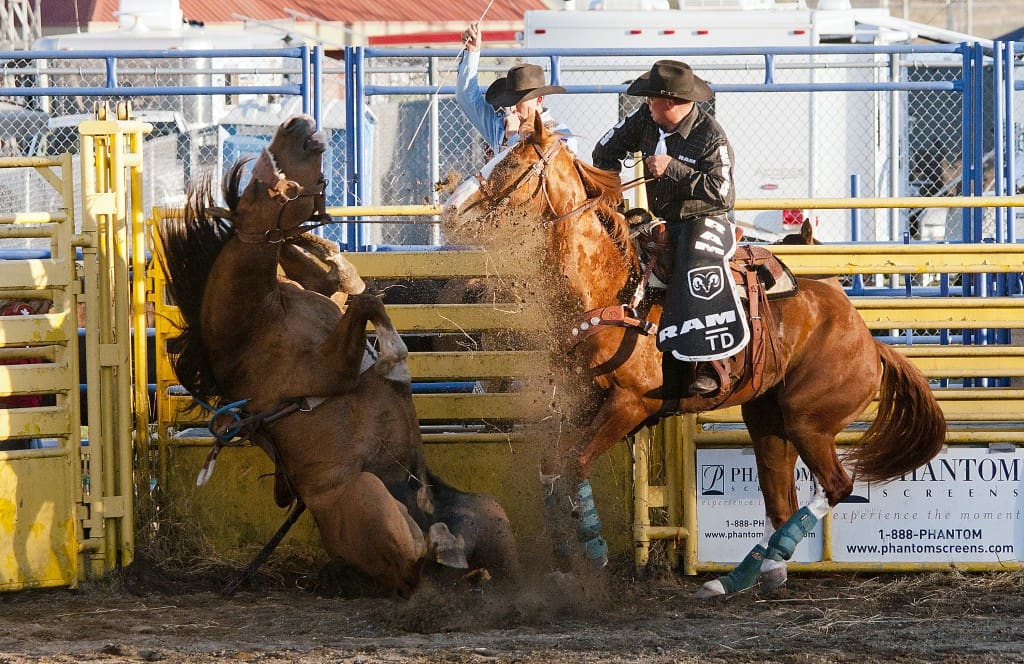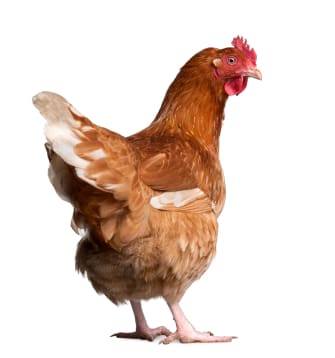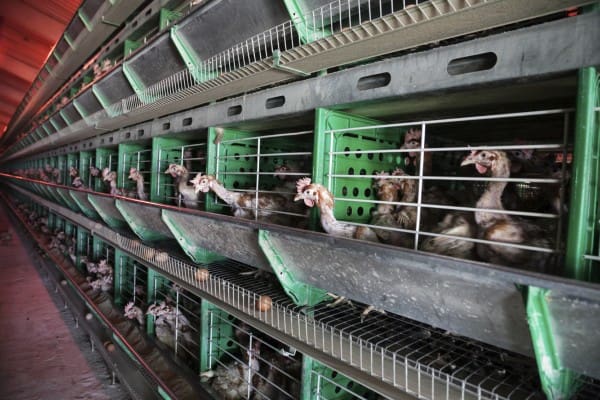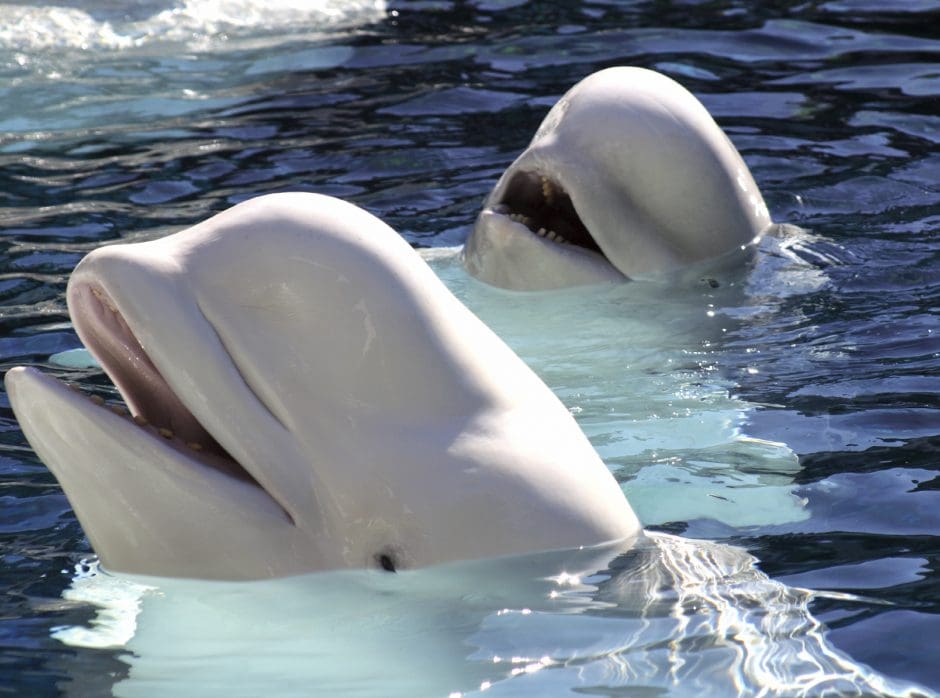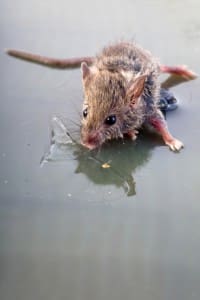
It’s surprising and disappointing to learn that the University of British Columbia’s alumni association, Alumni UBC, is offering a trip to the Calgary Stampede rodeo to its members. It’s disappointing for obvious reasons – animals shouldn’t suffer for the sake of entertainment – but surprising because universities and their wider communities are often the agents of progressive social change.
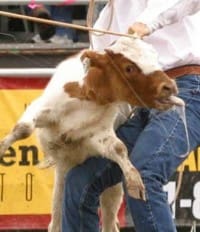
A number of UBC’s alumni who are associated with VHS (directors, former directors, staff) signed a letter to the association last year, urging an end to the promotion, but it’s being offered again this year.
Presumably, Alumni UBC sees nothing wrong with tormenting animals. Perhaps they find the photos on this page perfectly acceptable. Most likely, they just see the Stampede as a tradition and see no reason to challenge it.
It’s a shame that when this issue was brought to the association’s attention, no one there had the intellectual curiosity to ask some questions about the ethics of rodeo.
Questions like this: When does an accepted tradition become unethical?
Sometimes you can put a date on it. Dog fighting, bear baiting, and bull baiting were outlawed in England by the Cruelty to Animals Act of 1835. But that doesn’t tell us when the critical mass was reached that allowed that change to take place. When did watching animals tear each other apart go from crowd-pleasing fun to socially unacceptable?
It’s even more difficult to determine when we’re approaching that critical mass on an issue in our own time. But sometimes there are clear signs.
VHS has been campaigning against cruelty to rodeo animals for a long time. It’s still popular in a number of Canadian towns and, of course, at the Stampede. Nevertheless, cracks are appearing in public support for rodeo.
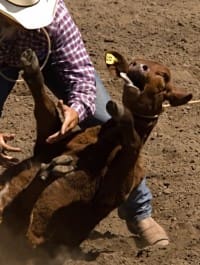
The most obvious indicators are polls showing most Canadians don’t support rodeos. A December 2015 survey by polling company Insights West found that 63 per cent of Canadians are opposed to using animals in rodeos (66% in BC). Does Alumni UBC care that they are promoting something most Canadians think is wrong?
But polls are not the whole story. The cancellation of two professional rodeos in B.C. in the last two years (and half the events at Surrey’s Cloverdale Rodeo in 2007) signal a real lack of public support for rodeo on the West Coast. It’s no wonder the City of Vancouver banned rodeos in 2006.
Last year, the Vancouver Sun became the first daily newspaper in Canada to take an official editorial stance opposing rodeo.
In the same month, six other independent opinion editorials questioned the ethics of rodeo, including a piece by a member of the Calgary Herald’s editorial board, who wrote: “…the bottom line is these animals are still being used for sheer entertainment in events that can cause them traumatic injuries and death — and it is unnecessary for them to be subjected to this. Are we humans so hard up for entertainment that we must amuse ourselves by watching events that can cause animals to suffer and die?”
Most mainstream animal welfare organizations are opposed to rodeos, including our own BC SPCA, the Canadian Federation of Humane Societies and the national SPCAs of the United States, Australia, South Africa, the United Kingdom and New Zealand.
These are the institutions we entrust with the protection of animals and they think rodeo is inhumane. So do most British Columbians. So do most Canadians. So does the City of Vancouver. But not, apparently, Alumni UBC.
Back in 1835, there were few institutions to fight for the welfare of animals. But the compassion of enlightened Christian reformers brought about the critical mass necessary for profound change.
Today, our animal welfare organizations have made the case against rodeo. Now we need people of conscience, community leaders, educational institutions and civic organizations to recognize that it’s wrong to make animals suffer for the sake of human amusement. Shouldn’t the alumni association of one Canada’s best universities be among them?
Please send a polite email to Alumni UBC asking them to stop promoting the Calgary Stampede rodeo.
More about rodeo here.
